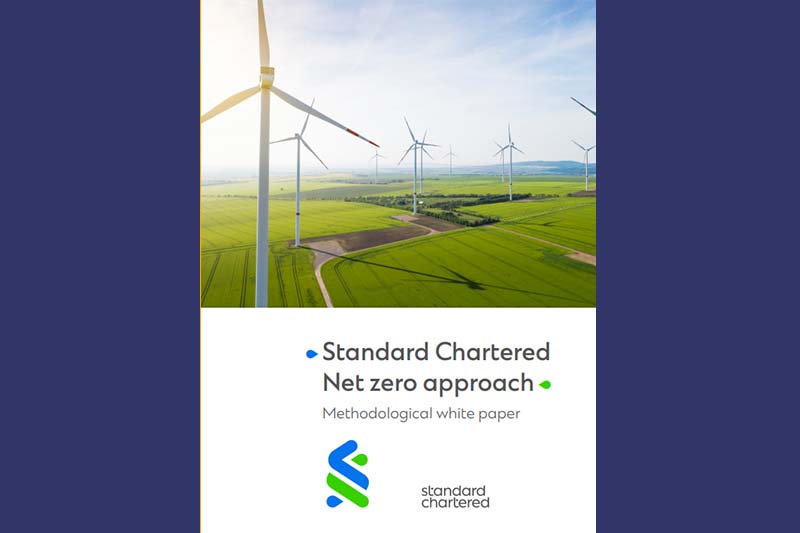
- 2030 interim targets to reduce financed emissions for thermal coal mining, oil and gas, and power
- Plan to mobilise USD300 billion in green and transition finance by 2030
- 63% for power
- 33% respectively for steel and mining (excluding thermal coal mining)
- 30% for oil and gas
Published Date: November 1, 2021, 12:00 am
Post Comment
E-Magazine
RELATED B360 National




-1770295070.jpeg)
